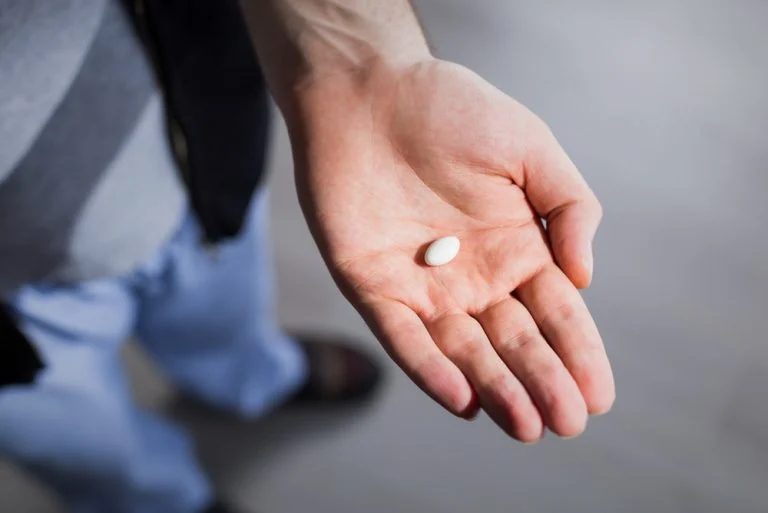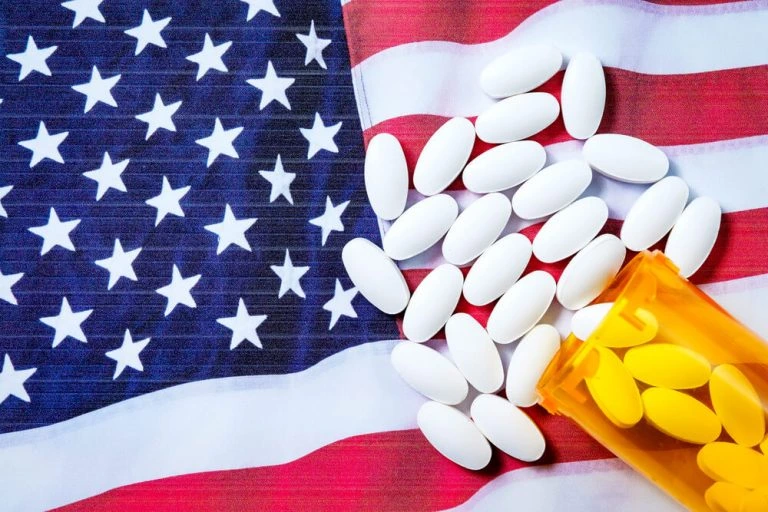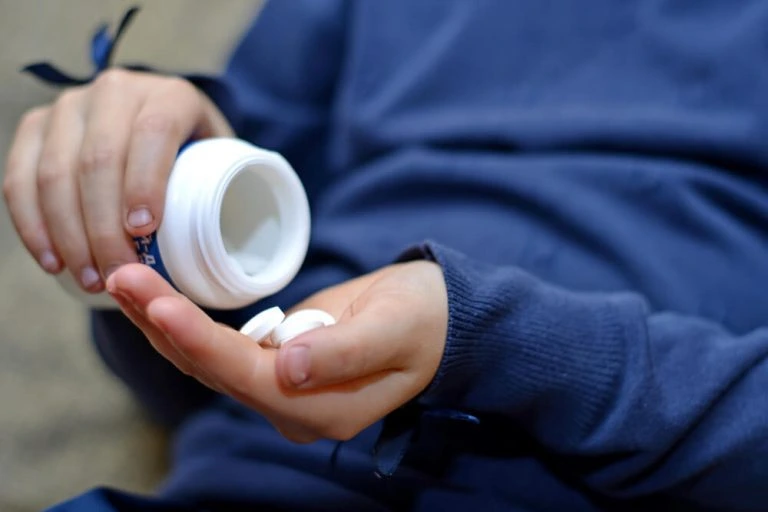New Medications Show Promise in Treating Opioid Addiction
According to the National Institute on Drug Abuse, medication-assisted treatment, or MAT, is an effective way to treat opioid addiction. MAT involves a combination of medication and behavioral therapy and enables people to work on restoring their lives and develop essential coping skills without the powerful opioid cravings that can send someone back to using very quickly.

New Study of Extended-Release Naltrexone Shows Promise in Treating Opioid Addiction
A new study has found that extended-release naltrexone, available under the trade name Vivitrol, is highly effective for treating opioid addiction. Of the various opioid addiction treatment options, extended-release naltrexone is perhaps the most promising yet.
Opioid Addiction Treatment Medications
Naltrexone, which was approved by the FDA in 2010 to treat opioid addiction, prevents opioids like heroin and prescription painkillers from binding to the opioid receptors in the brain. This prevents individuals from feeling the effects of opioids, which makes them less rewarding to use and therefore easier to quit.
In the new study, 159 opioid-addicted participants were provided with drug counseling, along with opioid addiction treatment medications. One group received a monthly injection of extended-release naltrexone, while the other received a daily dose of buprenorphine, another medication commonly used to treat opioid addiction. After three months, an overwhelming majority of patients in both groups had used no illicit opioids in the past month, but the extended-release naltrexone group had a 96 percent success rate for heroin addiction and a 92 percent success rate for prescription painkiller addiction, compared to 86 percent and 83 percent for buprenorphine.
Benefits of Extended-Release Naltrexone
Medication-assisted treatment can be rather inconvenient. Traditionally, it requires daily or near-daily dosing with buprenorphine or a daily trip to a methadone clinic. But extended-release naltrexone removes the inconvenience barrier, and as the new study shows, participants who took the monthly injection of naltrexone were happier overall with their treatment and were more likely than participants in the buprenorphine group to recommend it to others.
According to the study’s researchers, many patients in the naltrexone group mentioned that the extended-release medication made them feel more protected against relapse and overdose, which gave them confidence in recovery. The naltrexone also gave them more freedom, since they didn’t have to appear every day or every two or three days to get their next dose of medication.
Debunking the Number One Myth About MAT
It’s becoming increasingly clear that medication-assisted treatment is far more effective than medical detox for treating opioid addiction and dependence. Unfortunately, many people are under the impression that MAT is just replacing one addiction with another. But this simply isn’t true. Medications used for MAT are far less powerful than illicit opioids and won’t get you high. Rather, they prevent withdrawal while nullifying the effects of illicit opioids that are taken while on the medication.
Medical detox, the alternative to MAT, is the process of letting all traces of opioids leave the body so that brain function can begin return to normal. But the intense cravings that often persist for months after detox create major stress and make it extremely difficult for people to stay off of opioids for the long-term.
MAT, on the other hand, helps to normalize brain function, and it gives individuals the opportunity to focus all of their attention on addressing the complex issues behind the addiction, which may include chronic stress, a history of trauma, or a co-occurring mental illness. Just as it takes time to develop an opioid addiction, it takes time to recover from one. MAT gives individuals the time they need to develop essential life and coping skills that prevent relapse and lead to a higher quality of life overall.
The behavioral therapy that accompanies MAT ultimately leads to real and meaningful changes in thought and behavior patterns that are essential for long-term recovery. Once you’ve adopted the healthy lifestyle changes that support a life in recovery, and you’re ready to go it alone, the medication component of treatment can end without devastating effects. Medication-assisted treatment is safe and effective for short-term or long-term use.
Medication-Assisted Treatment Works
If you’re addicted to heroin or painkillers, MAT is one of several opiate addiction treatment options. But in light of the new research, combined with older studies that also show promising results, choosing MAT with extended-release naltrexone can give you the help and confidence you need to end your opioid addiction once and for all.
If you or a loved one is struggling with addiction, get help right away. Make a phone call that will connect you to a professional addiction treatment center. The call you make may save your life or the life of someone you love. Call us today at (800) 429-7690.








